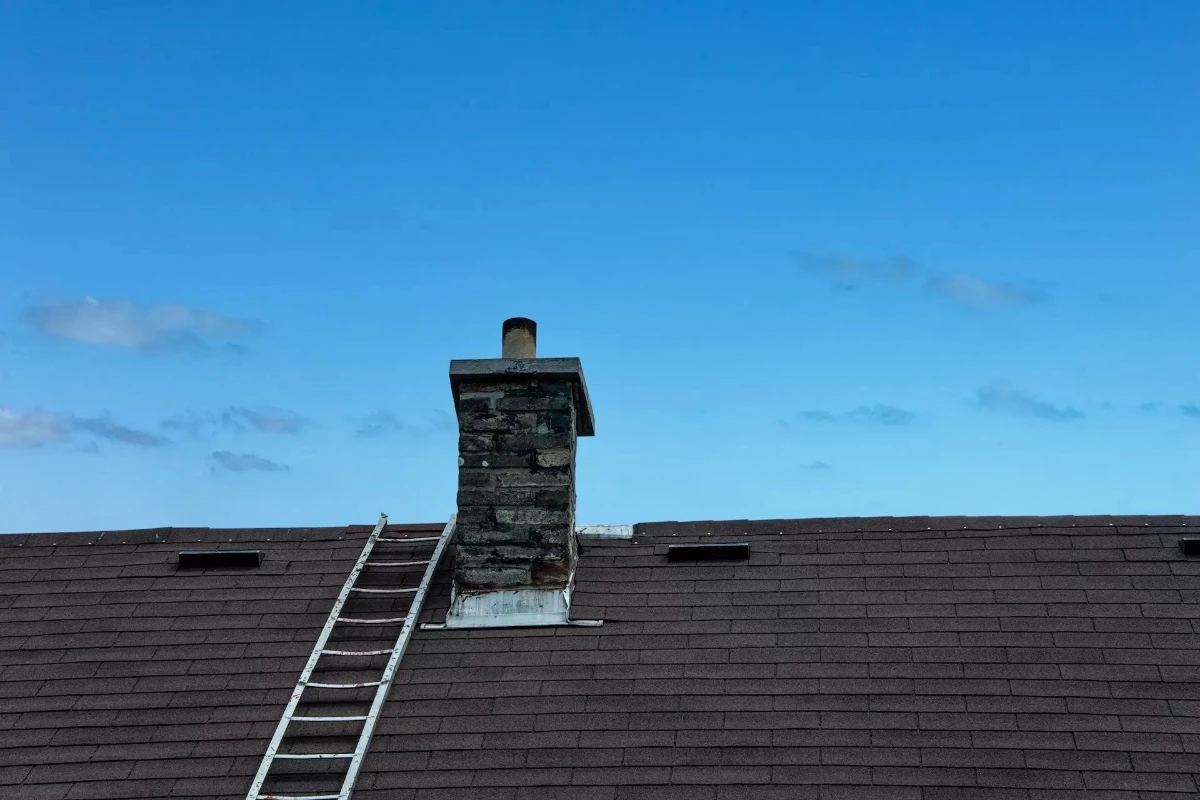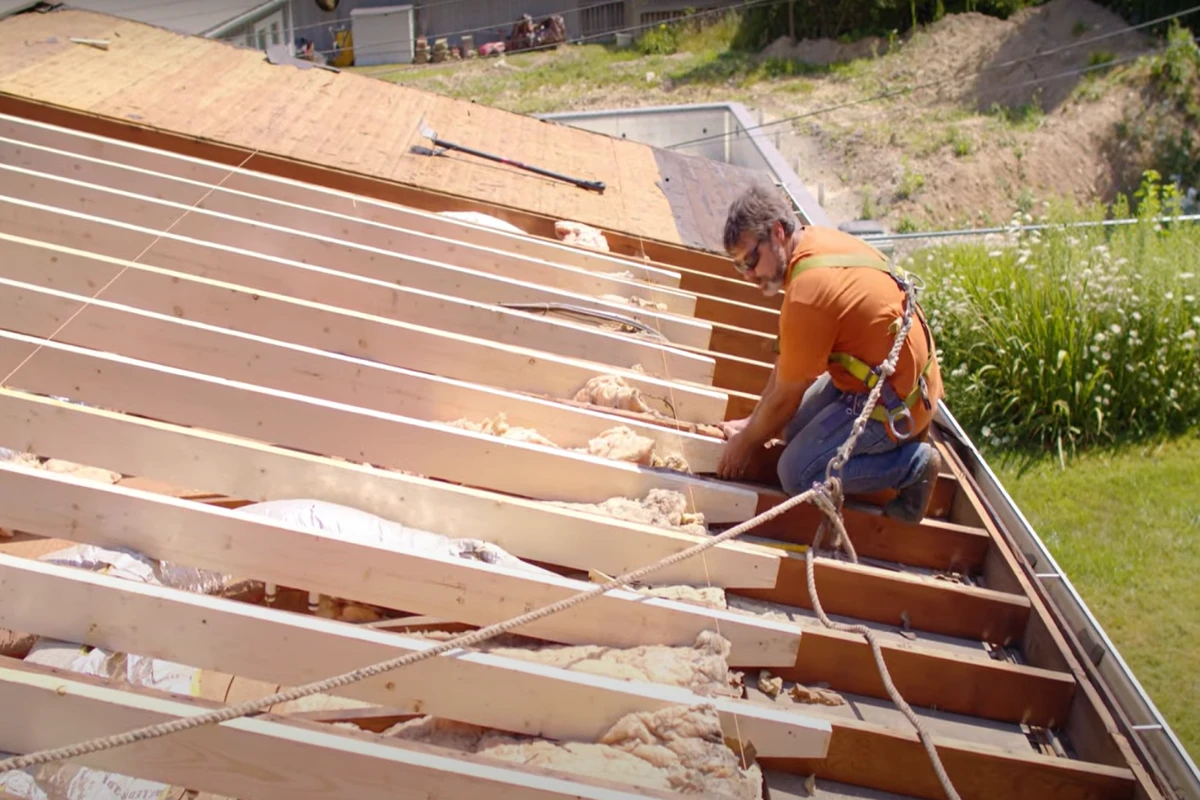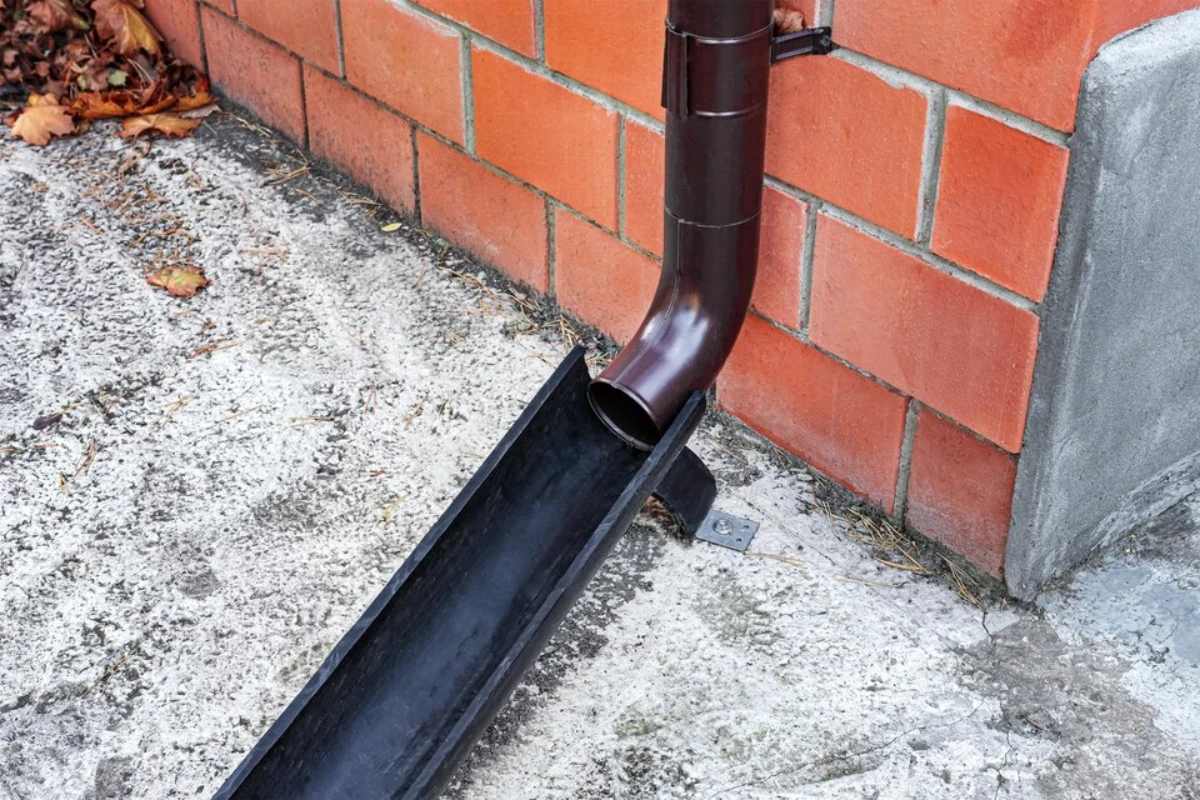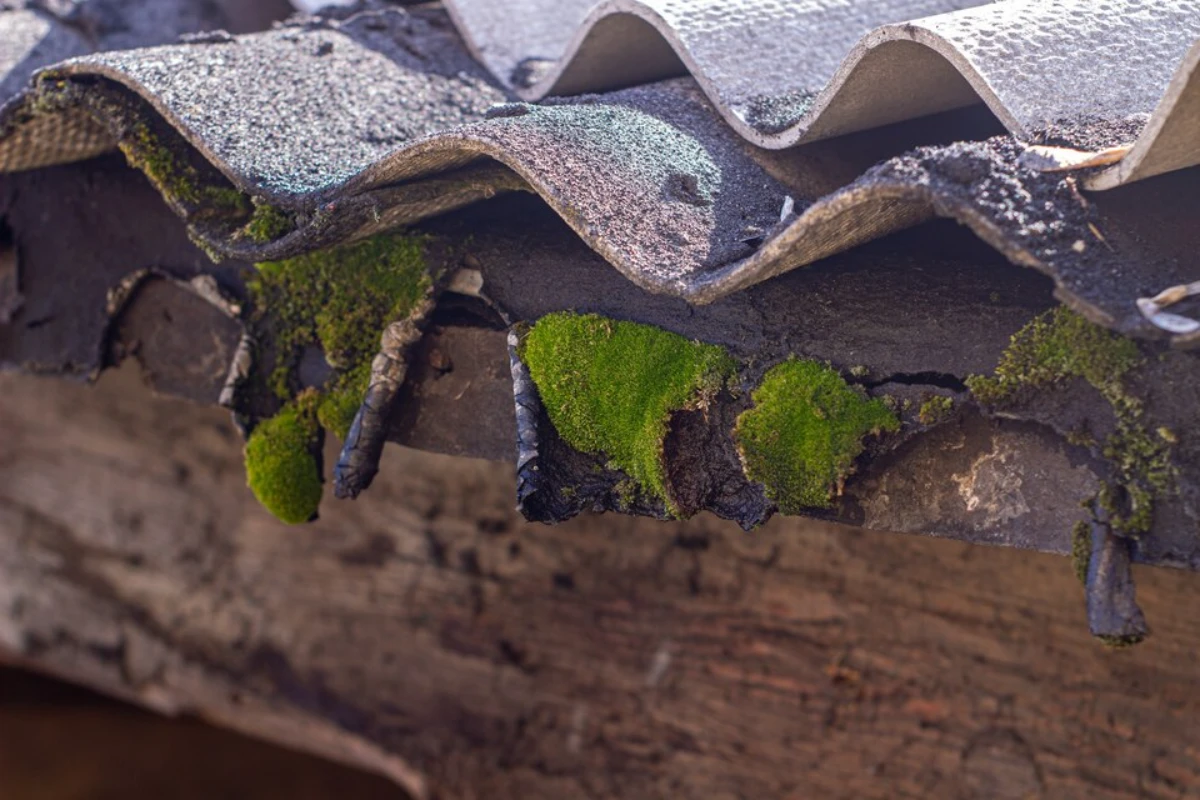A roof deck can turn an ordinary rooftop into a private getaway, whether you’re entertaining guests, watching the sunset, or building a garden retreat above the busy world below. For homeowners with limited yard space or a view worth capturing, the idea can be especially tempting.
But turning a roof into a livable outdoor space isn’t as simple as laying down a few pavers and putting up a railing. It comes with both big potential and some very real risks.
What Is a Roof Deck?
A roof deck is a flat, walkable surface built on top of a home or building, designed to be used as functional outdoor space. Unlike a traditional roof, which is built for weather protection, a roof deck is meant to support people, furniture, and even small structures like pergolas or planters.
Homeowners often use roof decks for relaxing, hosting gatherings, gardening, or simply enjoying a better view. They’re especially popular in urban areas where yard space is limited, but they’re also gaining traction in parts of Florida where elevated outdoor living can provide a breeze and a break from backyard pests.
It’s important to note that a roof deck isn’t the same as a rooftop patio or balcony. A rooftop patio is usually built on top of a flat roof but may be part of a larger building design, while a roof deck is typically a purpose-built structure that’s added to an existing roof and must be properly integrated into the home’s overall design and support system.
The Benefits of a Roof Deck

Adding a roof deck can offer more than just a nice place to sit. For many homeowners, it’s a way to maximize space, improve lifestyle, and even boost property value. Here are some of the key benefits.
Expanded Outdoor Living Space
For homes with small yards or no yard at all, a roof deck provides a practical solution. It creates a new area to relax, dine, entertain, or simply unwind. In densely built neighborhoods or areas with strict lot sizes, this can make a big difference in how a home feels and functions.
Enhanced Property Value
A well-designed roof deck can increase a home’s resale value. Buyers often see it as a premium feature, especially when it’s built with quality materials and integrated seamlessly with the existing structure. While not every market will reward the investment equally, in the right neighborhood, it can be a strong selling point.
Great Views and Aesthetic Appeal
In scenic parts of Florida, a roof deck can open up views that might otherwise go unnoticed. Whether it’s a water view, treetops, or a city skyline, elevation gives homeowners a fresh perspective. Beyond the view, a well-styled roof deck also adds visual interest and can elevate the overall look of the home.
Potential for Green Roofing or Solar Integration
Some homeowners use roof decks to support sustainable features, like container gardens or solar panels. With the right setup, a roof deck can help reduce energy use, manage stormwater, or even support pollinators with native plants.
The Drawbacks of a Roof Deck
While the idea of a roof deck can be appealing, it’s not without its downsides. From added costs to structural concerns, there are important factors to consider before moving forward with a project like this.
Increased Installation and Maintenance Costs
Building a roof deck is more complex than installing a typical roof surface. It often involves reinforcing the structure, applying waterproof membranes, and selecting durable, weather-resistant materials. These extras add to the cost—not just during installation, but over the lifespan of the deck. Regular maintenance is essential to keep it safe and looking good.
Structural Requirements
Not every roof is built to carry the weight of a deck, let alone people, furniture, and planters. Before construction can begin, the home must be evaluated by a structural engineer to determine whether reinforcements are needed. In many cases, they are.
Higher Risk of Leaks
A roof deck introduces more openings, seams, and traffic to the roof surface. That means more opportunities for water to find its way in, especially during Florida’s intense storms. If the waterproofing isn’t done correctly, or if it’s not maintained, leaks can cause serious damage to the home.
Permitting and Code Compliance
Roof decks typically require permits and must meet building codes, including those related to safety railings, load limits, and fire resistance. If the home is part of an HOA or located in a historic district, additional approvals may be needed. These requirements can add time, cost, and complexity to the project.
Is a Roof Deck Right for Your Home?

Deciding whether to add a roof deck isn’t just about how nice it would look or how much fun it might be. It requires a closer look at your home’s structure, your budget, and the realities of your local climate.
- Start by considering the age and condition of your current roof. If it’s nearing the end of its lifespan or showing signs of damage, it’s probably not the right time to add more weight and wear. On the other hand, if you’re already planning a roof replacement, it could be an ideal time to explore your options.
- Location matters too. In Florida, intense sun, high humidity, and seasonal storms all affect how a roof deck performs over time. Materials need to be chosen for heat resistance and durability, and waterproofing has to be flawless to withstand heavy rain and wind.
- Finally, consider how you’ll use the space. A full outdoor kitchen and lounge area will need more structural support and design planning than a small seating area or garden. The more ambitious the plan, the more important it is to work with an experienced professional who can guide the process from start to finish.
Why Work with a Professional Roofing Contractor
Installing a roof deck isn’t a DIY weekend project. It takes careful planning, structural knowledge, and the right materials to ensure everything is done safely and correctly. That’s why choosing an experienced roofing contractor is one of the most important steps in the process.
A qualified roofing company or contractor will start by assessing whether your home can handle the weight and layout of a roof deck. If structural reinforcements are needed, they’ll coordinate with engineers or bring in the right specialists. They’ll also make sure all waterproofing layers are correctly installed to protect your home from leaks—one of the most common issues with poorly built roof decks.
Beyond the build itself, a professional contractor understands local permitting requirements, building codes, and material performance in Florida’s climate. They can help you navigate any hurdles and make smart choices that will hold up over time.
Your Lakeland Roofers
At Stronghold Roofing & Solar, we help homeowners evaluate whether a roof deck is the right fit and provide expert guidance through every stage of the project, from planning to completion. Our team of experienced Lakeland roofers can also provide any other roofing services you need. Give us a call and ask about a free roof estimate.
FAQs – Roof Decks
Can any roof be turned into a roof deck?
Not necessarily. The existing structure must be able to support the additional weight. An engineer or roofing professional can evaluate whether your home is a good candidate.
How much weight can a roof deck support?
That depends on the original design of the roof and any reinforcements made during the deck installation. A professional assessment is essential to determine safe load limits.
What materials are best for roof decks?
Durable, weather-resistant materials like composite decking, treated wood, and PVC are popular choices. The best option depends on your climate, budget, and design goals.
How long does a roof deck last?
With proper installation and maintenance, a roof deck can last 20 to 30 years or more. Routine inspections and upkeep will help extend its lifespan.
Do roof decks require special permits?
Yes. Most areas require permits and inspections to ensure the structure meets local building codes. It’s best to work with a contractor familiar with your area’s requirements.











